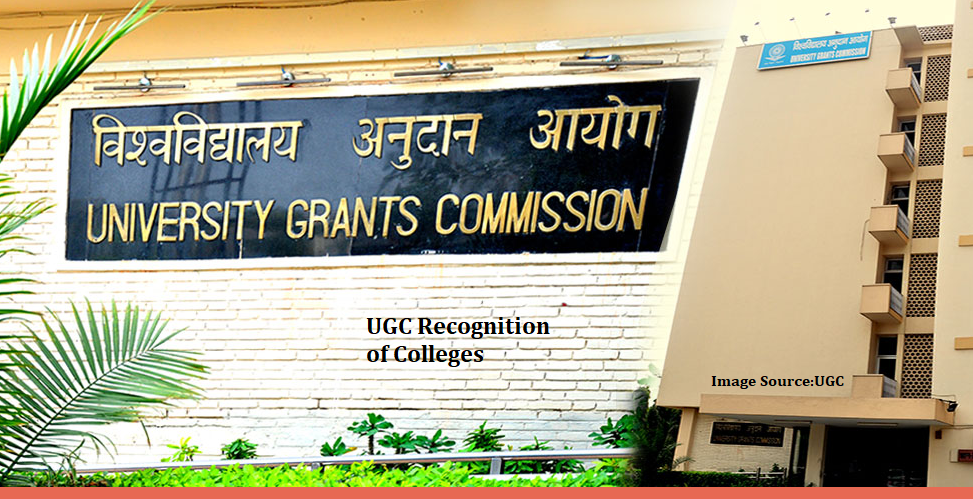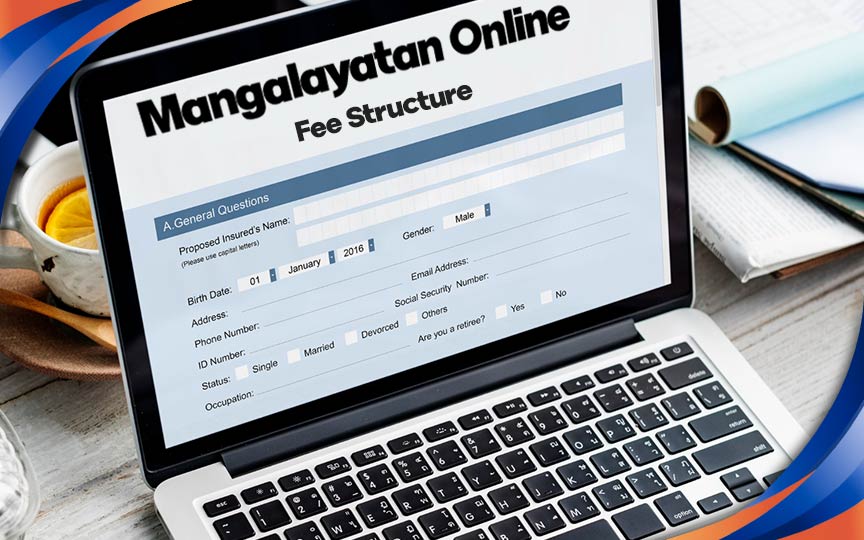An important foundation for the development of the country is the education system in India. It is essential to the development of millions of young brains and makes a major contribution to the social and economic advancement of the nation. The University Grants Commission (UGC) is essential to identifying and overseeing schools and universities in order to uphold standards and quality in higher education.
Lets understand everything related to UGC and the importance of it in this blog.
Understanding UGC Recognition
The University Grants Commission (UGC) is a statutory body established by the Indian government to maintain the standard and quality of higher education in the country. One of its primary functions is to recognize and provide financial support to universities and colleges.
Importance of UGC Recognition
1. Quality Assurance: UGC recognition ensures that a college or university maintains a certain level of quality in education, infrastructure, and faculty. This quality assurance is essential to safeguard the interests of students and maintain the credibility of institutions.
2. Eligibility for Government Funding: UGC recognition allows colleges to access government funding and grants. This financial support is vital for the development of educational infrastructure, research, and the overall improvement of academic programs.
3. Valid Degrees: UGC recognition is crucial for the validity of degrees offered by a college. Degrees from unrecognized institutions may not be accepted by employers or for further education, both in India and abroad.
4. Student Eligibility: Only students from UGC-recognized colleges are eligible for various scholarships, fellowships, and other financial assistance programs offered by the government and other organizations.
5. Research Opportunities: Recognized colleges can collaborate with other institutions and engage in research projects, leading to academic growth and the development of innovative solutions to societal challenges.
6. International Recognition: UGC recognition is often a prerequisite for international accreditation and recognition. This allows Indian colleges to establish collaborations with foreign institutions, leading to cultural exchange and research opportunities.
7. Distance Education: For colleges offering distance education programs, separate recognition and approval from UGC’s Distance Education Bureau (DEB) are required. DEB sets specific guidelines for the quality and delivery of distance education programs.
8. Regular Monitoring: Once recognized, UGC continues to monitor colleges periodically to ensure they maintain the prescribed standards and quality.
What is the process to get recognized by UGC?
- Establishment and Affiliation: To start a college, an entity or organization needs to obtain permission from the relevant state government or university. Colleges are typically affiliated with a recognized university in the state or region. The university’s affiliating body may have specific criteria that must be met for affiliation.
- Infrastructure and Facilities: Colleges must have adequate infrastructure, including classrooms, libraries, laboratories, sports facilities, and administrative offices, to meet the standards set by the UGC. The UGC has guidelines regarding the minimum requirements for infrastructure.
- Faculty Qualifications: The college must have qualified faculty members who meet the UGC’s minimum eligibility criteria for teaching positions. This includes qualifications, experience, and research publications, depending on the level of the faculty position.
- Curriculum and Courses: The college’s academic programs and courses should be in alignment with the UGC’s guidelines. The curriculum should be up to date and relevant, ensuring that students receive quality education.
- Quality Assessment and Accreditation: UGC recognized colleges based on their performance and quality. Colleges may undergo accreditation by agencies like the National Assessment and Accreditation Council (NAAC) or the National Board of Accreditation (NBA) to assess and evaluate their overall quality and adherence to UGC guidelines.
- Financial Viability: Colleges need to demonstrate financial stability and sustainability. They should have a transparent financial management system and adequate resources to support academic activities.
- Admission and Fee Structure: The college’s admission process, including the admission criteria, fee structure, and reservation policies, must comply with UGC regulations and government policies.
- Regulatory Compliance: Colleges must adhere to all the relevant laws and regulations, including those related to student welfare, anti-discrimination, and academic autonomy.
- UGC Inspection and Approval: UGC or its representatives may conduct inspections of colleges to assess their compliance with UGC norms. Based on the inspection reports and other criteria, UGC decides whether to grant recognition to the college.
Conclusion
An essential component of Indian higher education is UGC recognition. It provides numerous advantages for both universities and students, in addition to ensuring the preservation of quality and standards.
UGC recognition is an essential component of the Indian educational system since it continues to be a pillar for knowledge development and academic success in a world that is changing quickly.
Several programs, including MCA Online Degree, MA Economics Distance Learning Mangalayatan University, which was founded in 2006, is establishing standards in the field of education. The university holds an NAAC A+ graduation, UGC entitlement, and AICTE approval. Managlayatan online is significantly better than many Indian universities, having won multiple awards such as Outstanding University for Teaching and Learning, and recognition as one of the top 100 universities in India by ASSOCHAM. The university has created cutting-edge infrastructure and unique ideas of learning to extend its wings. The program Online Masters Degree in Education is offered in regular as well as online mode.







